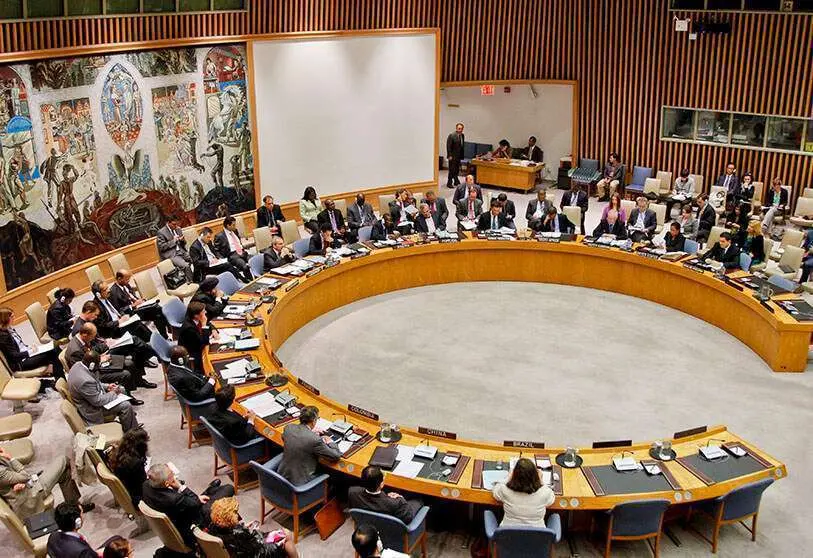China and Russia: why are they opposed to the extension of the arms embargo against Iran?

The history is repeating again. A week ago, U.S. Secretary of State Mike Pompeo announced Washington's intention to submit a resolution to the U.N. Security Council this week to extend the U.N. arms embargo against Iran. The Gulf Cooperation Council (GCC) has also called for the extension of this measure against the Islamic Republic.
Pompeo asked the UN Security Council on 30 June to "hold Tehran accountable" and to approve an extension of the arms embargo, to which China and Russia responded by assuring that they would use their veto power. The secretary of state said that "Iran remains the largest state sponsor of terrorism in the world" and warned that "the acquisition (by the Islamic Republic) of weapons systems from the Communist Party of China threatens the region. During his speech - which has been picked up by the newspaper Al Arabiya - he indicated that "Russia and China want to benefit from this situation" and indicated that "they are waiting for the opportunity to be able to sell weapons to Tehran".
The head of US diplomacy believes that "the entry of China and Iran into the Middle East could destabilise the region". In his speech he said that the administration of President Donald Trump will work to ensure the extension of the arms embargo to Iran. The resolution to be presented this week does not have the minimum nine votes it requires to be approved and, in the event that it does, Russia or China could use their veto power. "The mission of the Security Council is to maintain international peace and security. The council would be mocking that mission if it allowed the world's leading state sponsor of terrorism to openly buy and sell weapons," Pompeo said.
The arms embargo on the Islamic Republic will expire next October under an agreement signed in 2015 between Iran, Russia, China, Germany, the United Kingdom, France and the United States. Under this agreement, the Islamic Republic is prohibited from developing nuclear weapons in exchange for the easing of sanctions. However, this peace full of tensions disappeared when in 2018, the president of the United States, Donald Trump decided to withdraw from this agreement considering it "the worst in history".
In the event of the vote failing, Pompeo has threatened to use a clause in the nuclear agreement that would allow the return of all UN sanctions on Iran, according to Al Arabiya, who has reported that Tehran has repeatedly violated the nuclear agreement in response to unilateral impositions imposed by Washington after its withdrawal from the agreement.
If Washington uses this clause, it would force Iran to suspend all enrichment-related activities, including research and development, and would ban the import of any material that could contribute to the development of nuclear weapon delivery systems. It would also urge all countries to review shipments to and from Iran and allow them to confiscate any prohibited shipments, as reported by the newspaper mentioned above.








